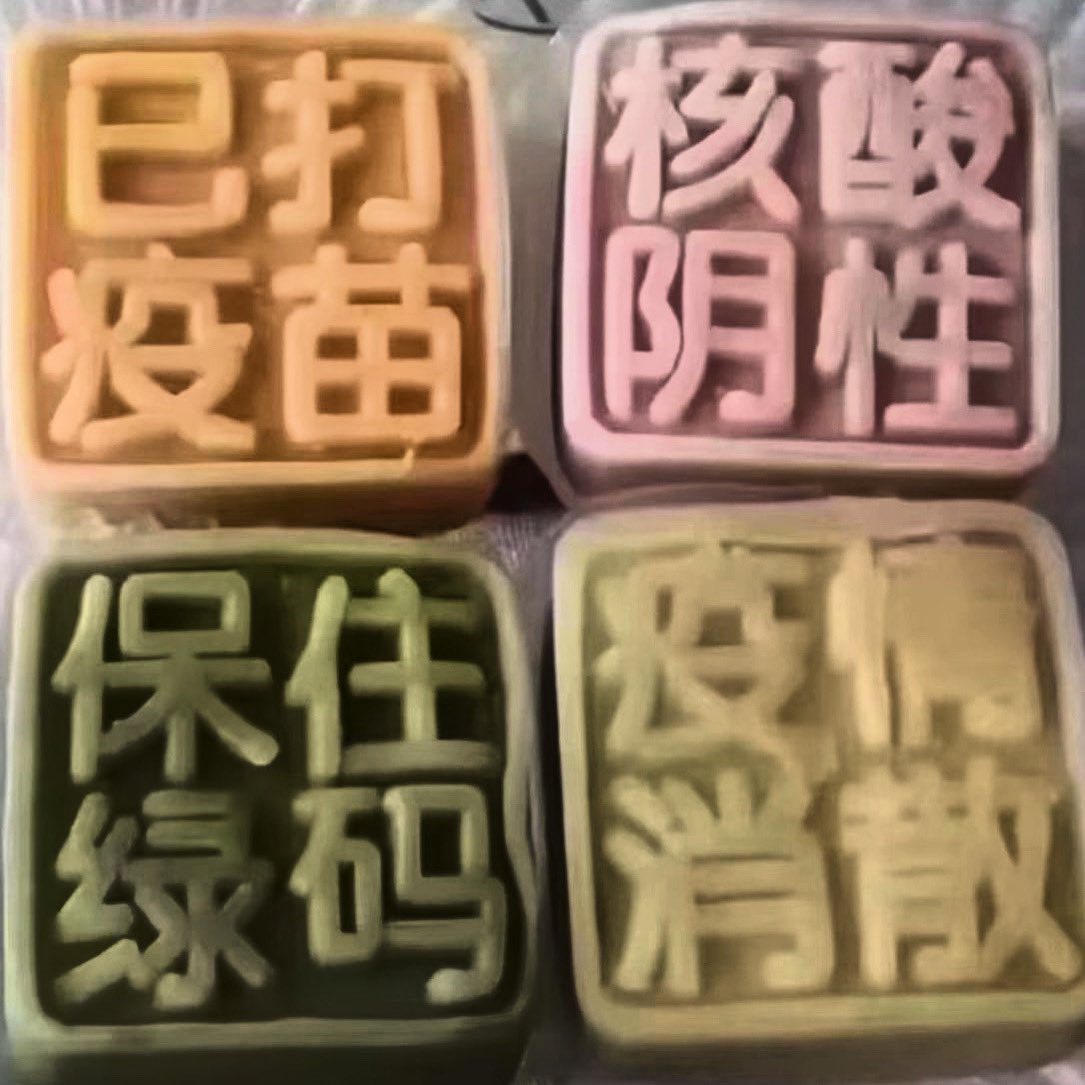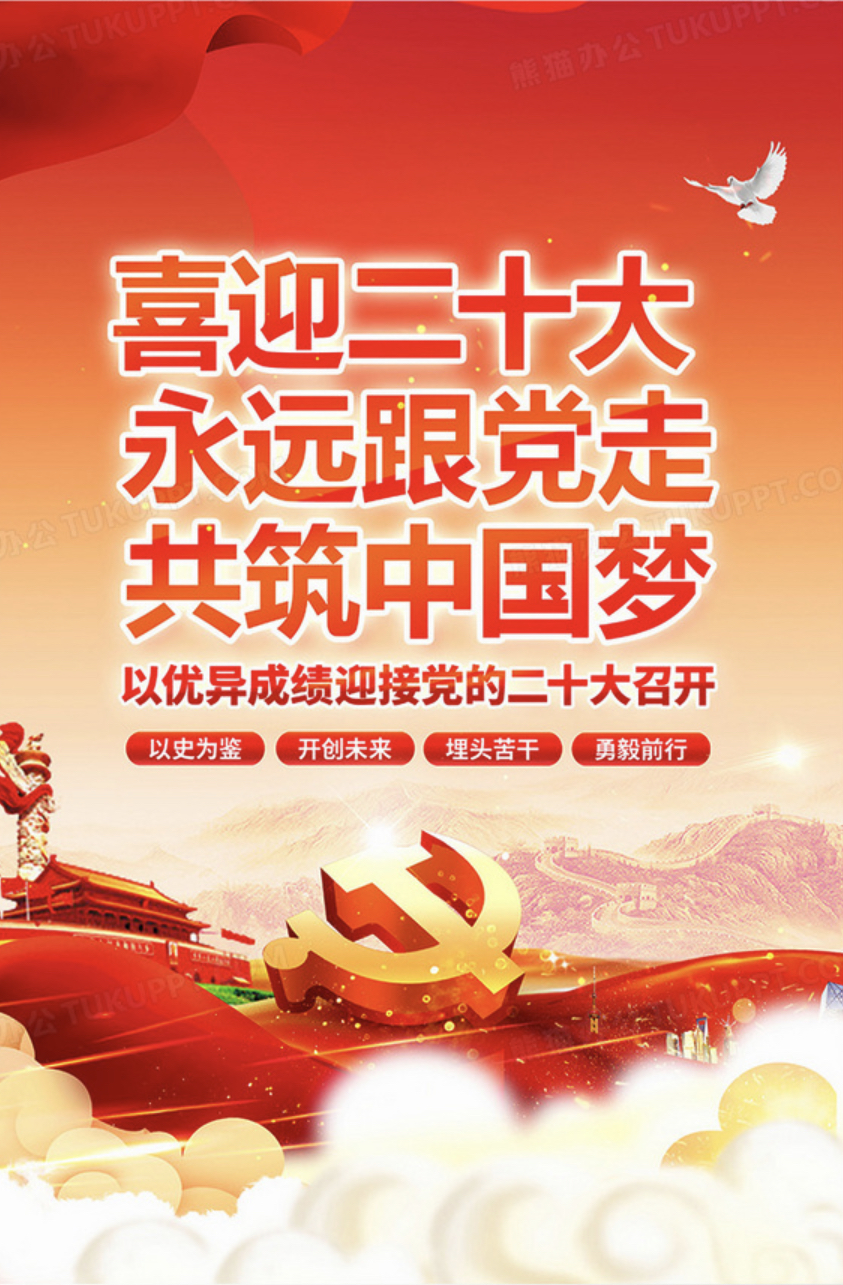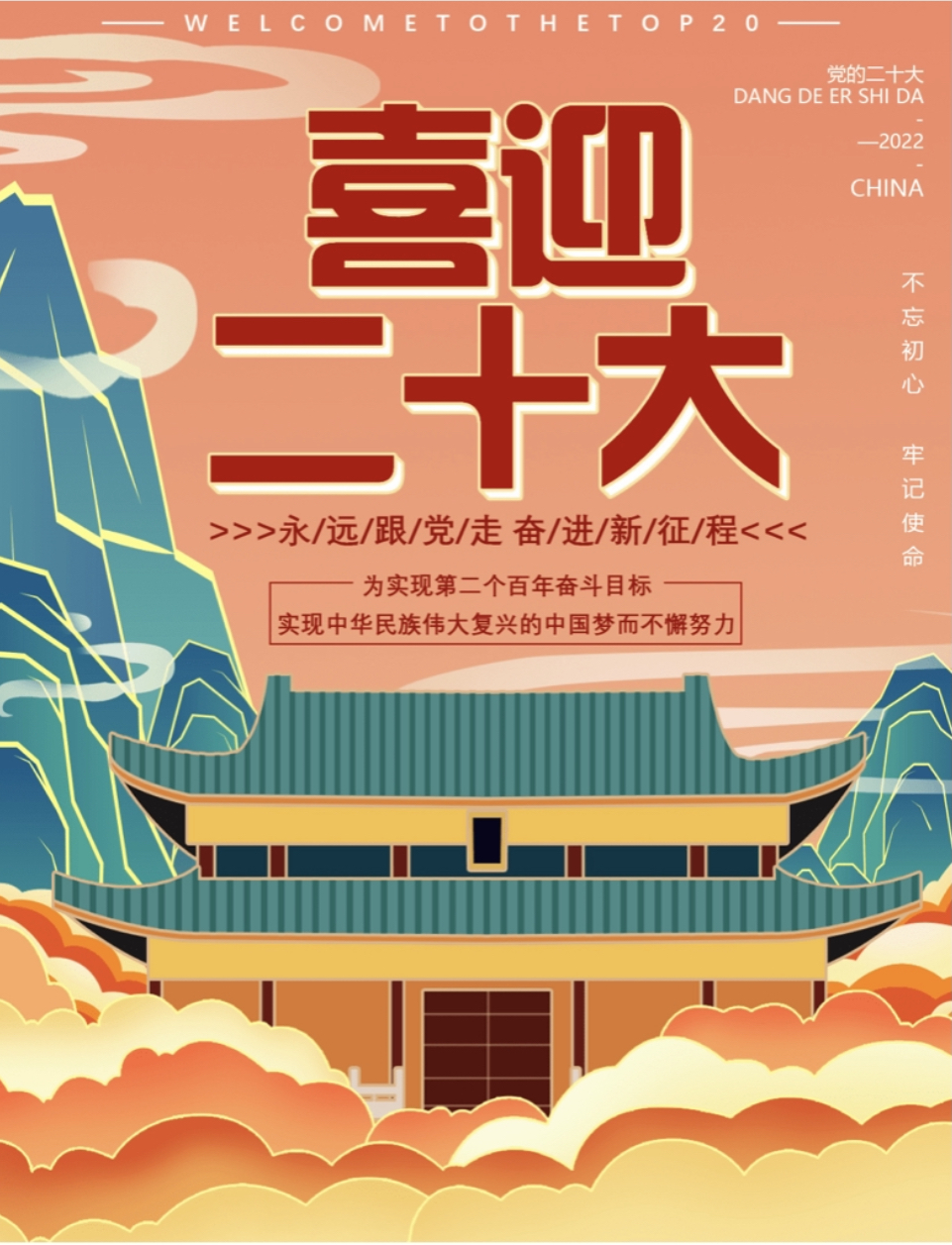Xi Jinping’s Empire of Tedium
Appendix L
圍
The unofficial annals of China’s People’s Republic are crowded with instances of self-inflicted wounds. The grim tally includes:
The ‘lean-to-one-side’ policies of Mao Zedong that bound the new nation to the Soviet Union and all that would mean in terms of its social, political and economic life; the emulation of Soviet-style ‘culture wars’ that devastated education, publishing, research, the arts and civic life; Mao’s experiments in radical utopianism that left tens of millions of people dead; his attempt to remake humanity itself one person at a time in a vainglorious Cultural Revolution that frittered away fourteen years; the purblind approach to an otherwise successful reform era from 1978 to 2008 that, while supercharging the economy of the country, continued to infantilise its people; and, the Xi Jinping decade during which strong-man politics has further entrenched some of the most revanchist and self-destructive impulses both of the Communist’s party-state and of the people over which it rules.
On 9 September 2022, a day known as ‘Mao D-Day’ 去毛日 since it marks the anniversary of Mao Zedong’s demise in 1976, a communique announced new nationwide measures imposed to curtail the spread of the coronavirus. In pursuit of the government’s relentless ‘Zero-Covid’ policy, restrictions already in place would be tightened and steps were taken that covered previously untrammeled areas of the country. From 10 September to 31 October, a combination of emergency health regulations and social stability strategies neatly placed the nation under quasi-martial law in the five-week lead up to, during and through the days following the Communist Party’s Twentieth Party Congress, a consequential political gathering starting on 16 October.
In 2022, 10 September marked Mid Autumn Festival 中秋節, the Fifteenth Day of the Eighth Month of the lunar calendar that has been a major public holiday in the People’s Republic since 2008. It is also known as 團圓節, the Festival of Reunions, a celebration of unity, togetherness, familial harmony and even conjugal felicity. As reunions were disrupted yet again in September 2022 as the country effectively besieged itself, ‘Hem It All In’ 圍 wéi, a song released online by the musician Zhang Gong 張弓 during the harsh Shanghai Covid lockdown from April 2022, suddenly resurfaced.
At the time that Zhang’s song first appeared, people had observed that seventy-five years after Qian Zhongshu (錢鍾書, 1910-1998) published Fortress Besieged 圍城 (a title that can also be translated as ‘besieged city’), a satire of social manners written during the Japanese occupation of Shanghai, China’s most populous city was occupied once more, this time by a political regime that had tirelessly celebrated the fact that it had liberated the city in 1949.
Even though Zhang Gong’s song was outlawed, it continued to circulate surreptitiously. During Mid Autumn Festival 2022 it enjoyed renewed popularity and the failure of internet censors to quash Zhang Gong’s defiance mirrored the frustrated efforts of Beijing to extirpate the coronavirus. (For a related essay in this series, see Xi the Exterminator & the Perfection of Covid Wisdom, China Heritage, 1 September 2022.)
***
In 2022, the Festival of Reunions on 10 September was the first day of a new period of containment in China. The new layer of control added to and extended the ‘Hundred Day Action’ 百日行動 launched by public security agencies on 1 July 2022 with an expansive brief to contain and quash all forms of malfeasance prior to the Party’s Twentieth Congress. This year we acknowledge the Festival of Reunions by reproducing and translating Zhang Gong’s ‘Hem It All In’ 圍 wéi, the Chinese title of which brings to mind such expressions as 包圍 bāowéi (encircle), 圍困 wéikùn (beleaguer) and 圍剿 wéi jiǎo (contain and eliminate). 圍 wéi is also the key competent in the term wéiqí 圍棋, Chinese chess, also known as ‘Go’ 碁 (for more on this, see the section titled ‘Chinese Chess’ below.)
China’s Greatest Wall
強國 qiáng guó, an ancient term for ‘a strong state’, also means ‘to strengthen the state’. In contemporary parlance 強國 qiáng guó denotes a ‘great power’, as does 大國 dà guò, literally ‘a big state’. Given the self-censorship and ideological segregation of China’s party-state, the expression 牆國 qiáng guó, ‘the walled nation’ — a homophone for 強國 qiáng guó — enjoys considerable currency. (See ‘The Great Wall: a wonder and a curse!’, China Heritage, 26 July 2017.)
***
This is Appendix L in the series Xi Jinping’s Empire of Tedium and a chapter in New Sinology Jottings 後漢學劄記.
— Geremie R. Barmé, Editor, China Heritage
Distinguished Fellow, The Asia Society
10 September 2022
壬寅虎年八月十五
中秋節、教師節
***
Mid Autumn Festival in China Heritage:
- The Same Fair Moon, 4 October 2017
- Mid Autumn, Geng Xiaonan & National Treasures, 21 September 2021
***

Hem It All In
《圍》
張弓
They want to encircle the mountains and the rivers,
The heavens above and even the sun.
Encircle oxen and sheep, entrap the harvest and the granaries as well.
Besiege the cities and invest the towns, trap in bustling reality as well as forlorn despair.
They’ll do it all at the point of a gun.
圍住了山,圍住了水,圍住了天空和太陽。
圍住了牛,圍住了羊,圍住了收穫與糧倉。
圍住了城,圍住了鄉,圍住了繁華和荒涼。
圍的盡頭有一把槍。
They would lay siege to brightness and even the light, to the very stars and the moon as well.
Trap lions and surround wolves, contain the gentry and all their power.
They’ll isolate you and me too, along with the truth and the right to think freely.
They’ll do it all at the point of a gun.
圍住了亮,圍住了光,圍住了星星和月亮。
圍住了虎,圍住了狼,圍住了貴族與權杖。
圍住了你,圍住了我,圍住了真理和思想。
圍的盡頭有一把槍。
They’ll blockade teaching and study too, along with our rebuttals and all our doubts.
They’ll lockdown black as well as white, clamp down on common sense and even evidence.
They’ll shut our mouths and force closed our eyes to contain our opposition and our resistance.
They’ll do it all while waving a flag.
圍住了教,圍住了學,圍住了反駁和質疑。
圍住了黑,圍住了白,圍住了常識與依據。
圍住了嘴,圍住了眼,圍住了反抗和不屈。
圍的盡頭有一面旗。
Having entrapped the heavens and the earth itself, they’ll then hem in everything in all directions.
Our souls will be ensnared as will ourselves, entrapped too our pulsating veins and our living flesh.
They’ll isolate you and me and all, along with the truth and the right to think freely.
And they’ll do it all while waving a flag.
圍住了天,圍住了地,圍住了南北和東西。
圍住了魂,圍住了人,圍住了血脈與身軀。
圍住了你,圍住了我,圍住了思想和真理。
圍的盡頭有一面旗。
— trans. G.R. Barmé
***
***
Related Material:
- They’re Afraid, China Heritage, 29 April 2019

***
Chinese Chess
全國一盤棋
‘We pursue a coronavirus strategy by treating the whole nation as a chessboard.’
疫情防控要堅持全國一盤棋。
— Xi Jinping, 24 February 2020
In the late 1950s, Mao Zedong declared that China itself was like a chessboard on which a vast game of weiqi was always unfolding. He made the argument in the context of China’s Soviet-inspired planned economy. His chessboard approach was also a concerted effort to prevent from being ‘a plate of loose sand’ 一盤散沙, a fractious and uncoordinated society consumed by factions, personal enmities and infighting. During the era of Reform and the Open Door, Deng Xiaoping and his successors pursued the chessboard strategy and under Xi Jinping the metaphor enjoys even greater prominence:
‘We must always be mindful of the bigger picture, always remember what makes a nation great, consider things in context, keep abreast of evolving developments, pay attention to the major tendencies in the world, constantly strategise in support of major undertakings for our benefit. We must be acutely aware of the need to plan and act within that larger context. We must regard the whole party as a game of chess and the whole nation as a chessboard.’
要胸懷大局,牢記「國之大者」,識大體、顧大局,觀大勢、謀大事,自覺在大局下思考、在大局下行動,做到全黨一盤棋、全國一盤棋。
— Li Hongzhong, ‘Resolutely Promote and Protect the Party Core and the Authority of Party Central’
People’s Daily, 25 November 2021
Meanwhile, on the international stage, China pursues a different game of chess:
‘We should insulate this region from geopolitical calculations and the trap of the law of the jungle, from being used as chess pieces in major power rivalry, and from coercion by hegemony and bullying.’
— Wang Yi, policy speech at the ASEAN Secretariat, 11 July 2022
***
The Art of Encirclement
All things are attached like rings linked together and encircling each other. The common people are encircled by officials, officials by the ruler, the ruler by the state, the state by All Under Heaven, All Under Heaven by the universe and the universe by the Prime Mover. Ultimately, the Prime Mover is encircled by all living existence. This is true also of wéiqí 圍棋. Wéiqí is akin to the Way of Heaven and also the Way of Humankind.
This is why weiqi 圍棋 has in its name the word 圍 wéi: ‘to surround, encircle, to contain’. It reflects the timeless principles of Heaven, Earth and of All Things.
The Art of Weiqi lies in knowing how to encircle, to limit and to contain. It requires an understanding of propensity [the flow of events and the innate tendencies of various interacting factors]. When the situation demands it, a broader strategic perspective must be enacted, while when possibilities are more circumscribed one’s response must be similarly limited in scope.
We just played a game of weiqi as though it were a contest between the State of Qin and the State of Wei. Qin would have soon spent its energies if it had merely focussed on acquiring more territory. Since, however, Qin took a more capacious approach and pounced on every opportunity to weaken Wei, naturally it was victorious.
— from The Great Qin Empire, a multi episode TV drama written by Sun Haohui
世間萬物,皆環環相圍而生。民被官圍,官被君圍,君被國圍,國被天下圍,天下被宇宙圍,宇宙被造物圍。最終,造物又被芸芸眾生圍。此為棋道,亦是天道人道。所以,圍棋以圍命名,正合天地萬物之法則。
棋道,以圍地為歸宿,必以取勢為根本。勢高,則圍廣;勢卑,則圍小。
方才之棋,若秦國處處與魏國糾纏爭地,則秦國早已不能支撐。若以高遠之勢圍地,再趁機削弱魏國,則秦國自勝。
— 孫皓暉編寫電視劇《大秦帝國》
The Player of Games
All reality is a game. Physics at its most fundamental, the very fabric of our universe, results directly from the interaction of certain fairly simple rules, and chance; the same description may be applied to the best, most elegant and both intellectually and aesthetically satisfying games. By being unknowable, by resulting from events which, at the sub-atomic level, cannot be fully predicted, the future remains malleable, and retains the possibility of change, the hope of coming to prevail; victory, to use an unfashionable word. In this, the future is a game; time is one of the rules. Generally, all the best mechanistic games — those which can be played in any sense “perfectly”, such as a grid, Prallian scope, ‘nkraytle, chess, Farnic dimensions — can be traced to civilisations lacking a realistic view of the universe (let alone the reality). They are also, I might add, invariably pre-machine-sentience societies.
The very first-rank games acknowledge the element of chance, even if they rightly restrict raw luck. To attempt to construct a game on any other lines, no matter how complicated and subtle the rules are, and regardless of the scale and differentiation of the playing volume and the variety of the powers and attributes of the pieces, is inevitably to shackle oneself to a conspectus which is not merely socially but techno-philosophically lagging several ages behind our own. As a historical exercise it might have some value, as a work of the intellect, it’s just a waste of time. If you want to make something old-fashioned, why not build a wooden sailing boat, or a steam engine? They’re just as complicated and demanding as a mechanistic game, and you’ll keep fit at the same time.
— from Iain M. Banks, The Player of Games, 1988
***


